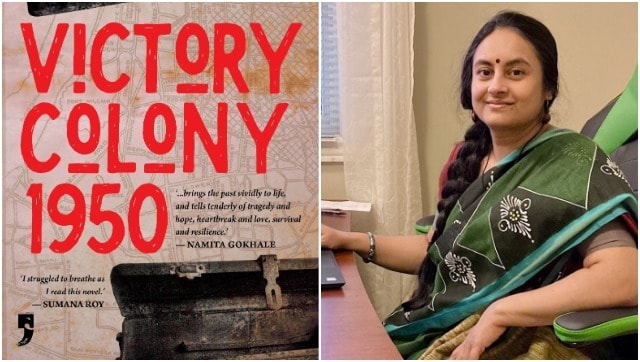My review-essay of the Pakistani film Jago Hua Savera (The Day Shall Dawn) in American Kahani.

Night falls on a river. The village around it thickens with darkness. Not the river. On its breast, distant lights flicker like inextinguishable fireflies. The glow comes from the boats of the fishermen sailing on its waves. A majhi (boatman) sings a drawn-out tune and the river’s water folds into its haunting essence with every splash of the oar. This is how the Pakistani film, “Jago Hua Savera” (The Day Shall Dawn) unfolds as does “Padma Nadir Majhi” (The Boatman of Padma), the novel it’s adapted from.
An enthralling flute amplifies the aural impact of the film’s opening scene, holding the viewer in a delicate trance. A synthesis of the work of stalwarts like Faiz Ahmed Faiz who wrote the songs, dialogues and story; music director, Timir Baran and Academy award-winning cinematographer, Walter Lassally – this first scene establishes the tenor of the film’s sensitive and neo-realist aesthetic.





